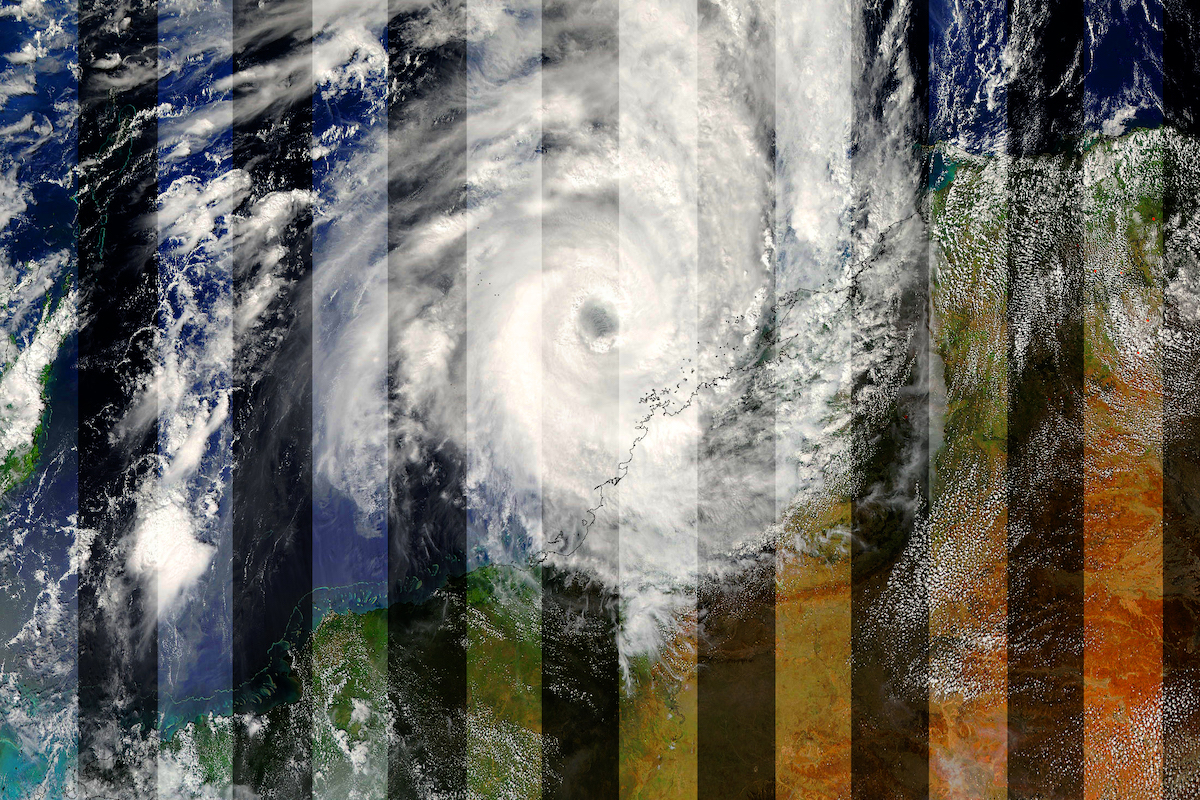 April 12, 2021 4:02 pm
Published by Climate Extremes
April 12, 2021 4:02 pm
Published by Climate Extremes
Until now, flash drought research has been on the regional scale and has been limited to observations and reanalyses. CLEX researchers have been the first to examine flash drought in climate models.
 October 23, 2020 10:24 am
Published by Climate Extremes
October 23, 2020 10:24 am
Published by Climate Extremes
An international team including CLEX researchers examined models used by the Intergovernmental Panel for Climate Change (IPCC) over three model phases linked to IPCC reports – CMIP3, CMIP5, and the most recent, CMIP6, to see if they improved representation of tropical rainfall.
 August 18, 2020 10:24 am
Published by Climate Extremes
August 18, 2020 10:24 am
Published by Climate Extremes
The ESCC hub has provided climate science data to Northern Territory mango growers that will help them prepare for a future where cultivating mangoes may be more difficult.
 August 17, 2020 1:55 pm
Published by Climate Extremes
August 17, 2020 1:55 pm
Published by Climate Extremes
Despite the pandemic, the recent few months have seen a range of triumphs with completed PhDs being prominent among them. Our research has revealed the powerful influence of small scale and large scale ocean processes on our current and future climate.
 July 24, 2020 1:10 pm
Published by Climate Extremes
July 24, 2020 1:10 pm
Published by Climate Extremes
CLEX researchers addressed the error compensation issue for temperature extremes by defining a novel performance metric that identifies those models that can simulate temperature extremes well and simulate them well for the right reasons.
 May 25, 2020 11:45 am
Published by Climate Extremes
May 25, 2020 11:45 am
Published by Climate Extremes
A group of international researchers using CMIP6 models to determine how heavy precipitation events will alter with climate change. The northern hemisphere in particular showed a strong warming signal for increased precipitation.
 May 18, 2020 11:02 am
Published by Climate Extremes
May 18, 2020 11:02 am
Published by Climate Extremes
Australian researchers assess the ability of recently released climate models to simulate the climate of Australia and the new scenarios for 21st Century climate change.
 April 22, 2020 12:22 pm
Published by Climate Extremes
April 22, 2020 12:22 pm
Published by Climate Extremes
CLEX authors and colleagues from major Australian science organisations investigating climate examined the simulation of Australian climate in the new, state-of-the-art Coupled Model Intercomparison Project, phase 6 (CMIP6) models.
 March 13, 2020 9:49 am
Published by Climate Extremes
March 13, 2020 9:49 am
Published by Climate Extremes
A new study by CLEX researchers and colleagues shows that CMIP5 models as a group, when forced by observed sea surface temperatures underestimate, these atmospheric feedbacks on average by 23%. This underestimate can be linked to the wrong location at which climate models simulate the most important tropical circulation, called the Walker circulation.
 February 13, 2020 12:09 pm
Published by Climate Extremes
February 13, 2020 12:09 pm
Published by Climate Extremes
Using a novel methodology applied to CMIP5 projections CLEX researchers found that the local temperatures experienced by 90% of people would be substantially higher in a transient (still warming) climate than an equilibrium climate where the temperatures have plateaued, for the same global temperature.










